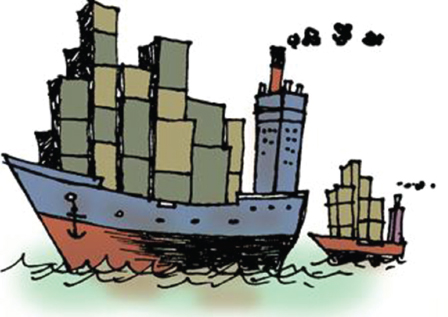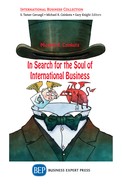Free Trade Zones and Counterfeit Goods

The European Union Intellectual Property Office (EUIPO) and the Organization for Economic Cooperation and Development (OECD)’s recent report claims that free trade zones may be facilitating illegal activities, such as trade in counterfeit and pirated products, by providing good infrastructure with little oversight over its use.
Free trade zones (FTZs) encompass a broad range of activities, from tourism to retail sales. They typically represent duty-free customs areas, or offer benefits based on location, in a geographically limited space. Today, there are over 3,500 zones in 130 economies, collectively employing 66 million workers worldwide.
A number of benefits drive countries to embrace FTZs. In general, these areas increase a nation’s foreign exchange reserves and improve the balance of payments. On a local level, new supply chains increase business for domestic producers that sell inputs by zone-based firms. Finally, these areas provide jobs that bolster employment and, at least in developing countries, can lead to higher wages over time.
Apart from FTZ’s benefits to their host country at both a local and national level, there may also be economic exposure to criminal activities as a result of insufficient regulation. Research shows that the number of FTZs in an economy appears correlated with the value of exports of counterfeit and pirated products.
With less oversight, rogue actors are attracted to FTZs to engage in illegal and criminal trade. The OECD’s findings indicate that one additional FTZ within an economy increases counterfeiting by 5.9 percent on average. It also appears that FTZs tend to be overly permissive by letting companies get away with poor safety and health conditions. This limited oversight is particularly troubling when one considers the potential for exploitation in areas such as human trafficking.
The OECD and EUIPO both stress the need for future action to curb the misuse of FTZs. They recommend developing clear guidelines for countries to increase transparency and promote clean and fair trade in FTZs, based on the involvement of industry members and key stakeholders of the trade supply chain.
The organizations identify three areas for future analysis. The first is the measurement the role of FTZs in the trade of illicit and counterfeit goods. The next step requires a fuller quantitative analysis of counterfeit goods. Finally, further research needs to explore why counterfeit profiles differ from similar economies.
FTZs provide a number of advantages to economies, but without further regulation and research, they may induce heightened criminal activity. Both public and private actors must devise and apply strong deterrents to the establishment of criminal networks.
